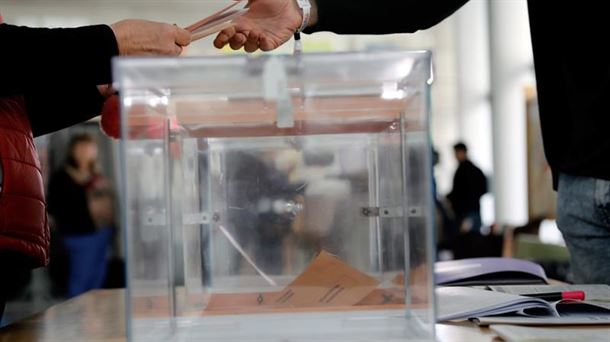The majority of Austrians reject NATO membership, but are in favor of a more intensive EU security and defense policy. This is the result of a recent survey by the Austrian Association for European Policy (ÖGfE), in which 1,000 people participated.
If a referendum on NATO membership were held now, six in ten respondents would be against and two in ten would be in favour. Another fifth did not comment. Opinion on this has remained relatively constant over the past three years.
“Unlike Sweden and Finland, NATO membership is rejected by a large majority. Regardless of the ‘neutral’ mood that determines opinions in this country, a majority is in favor of more cooperation between EU countries in the field of security and defence, but also for further support to Ukraine (…)”, said ÖGfE- Secretary General Paul Schmidt.
Every second in support of Ukraine
About half of those surveyed across Austria think it is at least “reasonably important” that the EU and its member states continue to support Ukraine. However, slightly more than a third do not see it that way. Other participants have not committed. Two thirds are in favor of strengthening cooperation between EU Member States in the field of security and defense policy. This value has hardly changed compared to March 2022.
“Sentiment in the EU has stabilized in recent months and is in line with the long-term average – despite – or perhaps because of – the difficult times marked by war, inflation and climate problems,” said Paul. While skepticism and uncertainty would increase, “basic membership of the EU in Austria, especially in times of crisis, is out of the question”.
68 percent for EU membership
According to the current online survey, 68 percent are in favor of Austria remaining a member of the EU. However, every fourth person pleads for departure. In September 2022, according to the ÖGfE, 64 percent were in favor of staying in the EU and 27 percent in favor of leaving. As a result, acceptance has slightly increased.
“However, what is urgently needed is tangible problem solving and a more intensive examination of skepticism and criticism, because major upheavals in particular need to be explained and discussed. Politicians are called upon to provide direction, develop practical concepts for the future and actively bring them to the European stage,” concludes Paul. The fluctuation range of the survey is 3.16 percent. It was conducted in April by the market opinion research institute.
Source: Krone
I am Ida Scott, a journalist and content author with a passion for uncovering the truth. I have been writing professionally for Today Times Live since 2020 and specialize in political news. My career began when I was just 17; I had already developed a knack for research and an eye for detail which made me stand out from my peers.



